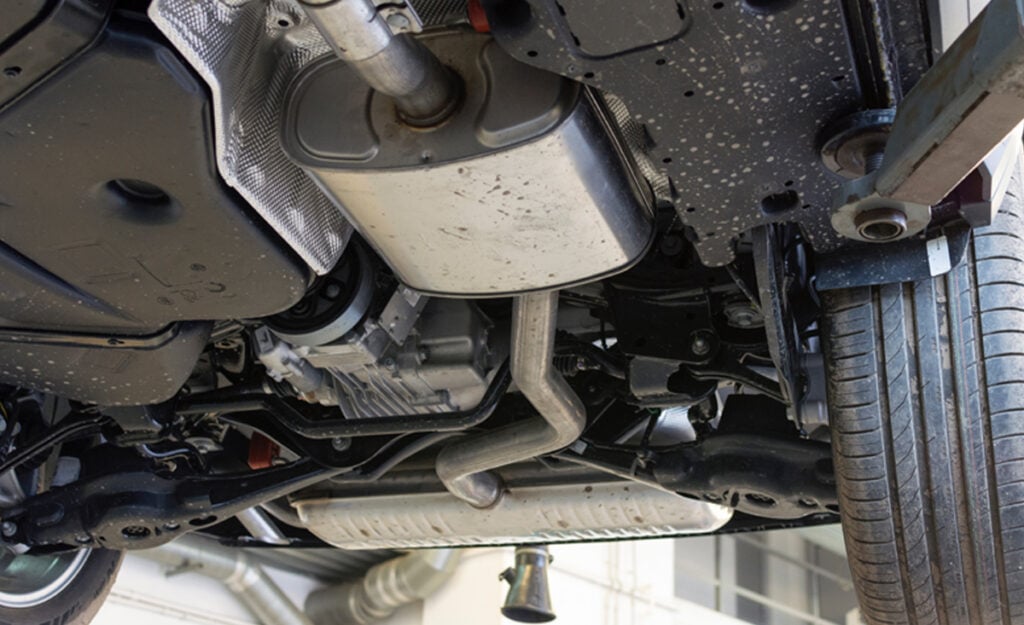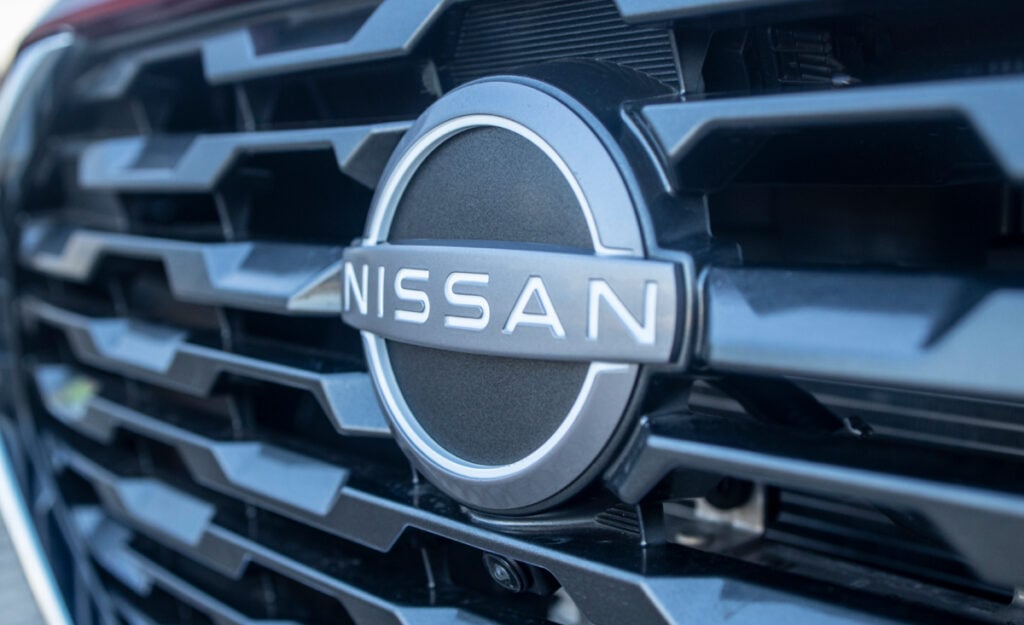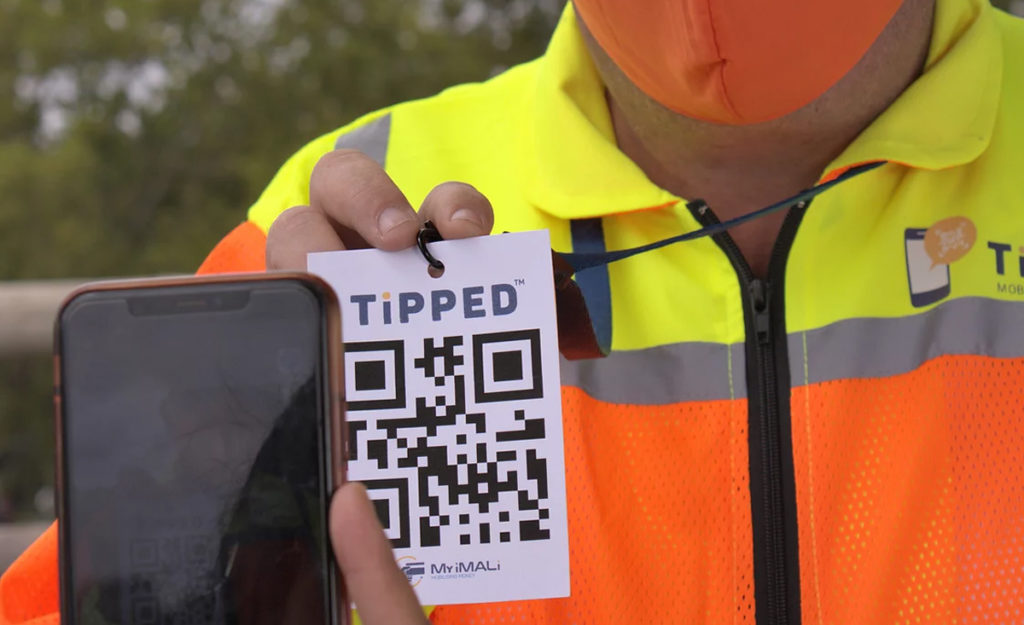
The Cities of Tshwane and Johannesburg are looking to hot mix asphalt to boost their revenue.
During a recent intergovernmental meeting, Johannesburg’s MMC for Roads and Transport, Kenny Kunene, highlighted that selling the black gold will help the city become profitable once again.
“[The Johannesburg Roads Agency] has entered the market to sell [asphalt], which is one of our proactive measures to become self-sustaining and profitable,” said Kunene.
The Johannesburg Roads Agency (JRA) re-commissioned the city’s asphalt plant in Booysens back in August 2023.
The factory boasts a production capacity of 1,520 tons per day, enough to resurface approximately 2.5km of road every 24 hours.
Meanwhile, City of Tshwane Mayor, Nasiphi Moya, recently announced that the metro acquired a new five-year Atmosphere Emission License for the Bon Accord quarry on the outskirts of Pretoria.
The Bon Accord Quarry was placed under a Section 54 notice by the Department of Mineral Resources and Energy in 2023 due to non-compliance with the Mine Health and Safety Act.
As a result, its emissions licence was not renewed in June 2023 when it expired.
The recent renewal has enabled Tshwane to once again produce its own hot asphalt for road repairs, which it has been doing for around four months by now.
The Mayor added that the reactivation of the quarry will also allow the city to potentially look for buyers of the product.
“Having a five-year licence to produce our own hot asphalt, we are not only saving on the cost of servicing our own roads infrastructure but have the potential to sell to the market,” said Moya.
The Bon Accord Quarry houses both a crusher and an asphalt plant.
It boasts a capacity to produce 300 tons of hot mix asphalt per day, around triple the City of Tshwane’s daily requirements of 90 to 100 tons.
What asphalt sells for
While it’s tough to say what these cities will be selling their materials for, we can look at other businesses in the sector to get a rough estimate.
Paving Tar lists the price of hot mix asphalt in South Africa at anywhere from R1,500 to R4,000 per ton, depending on the grade.
The three asphalt grades most commonly used in the country are AC 10, AC 14, and AC 20.
AC 10 is primarily employed on routes with less traffic, while AC 14 and AC 20 are laid down on high-traffic roads.
A ton of AC 10 asphalt goes for between R1,500 and R2,000, while AC 14 and AC 20 ranges from R2,500 to R4,000 per ton.
Using these numbers, we can estimate that Tshwane will be able to bring in a generous R300,000 to R800,000 per day through selling the hot mix asphalt, even if it uses its maximum daily requirements of 100 tons.








